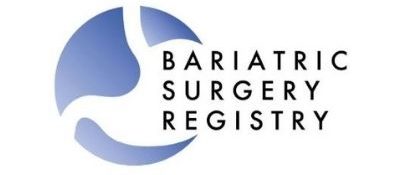Obesity and treatment options
Obesity is defined, by the World Health Organisation, as an abnormal or excessive fat accumulation that may impair health. A body mass index (BMI) greater than or equal to 30 is considered obese.Health conditions associated with obesity include:
Diabetes
Hypertension
Osteoarthritis
Cardiovascular disease
Sleep Apnoea
Psychiatric disorders
Asthma
Some cancers
Treatment Options
Treatment of obesity can be :
- Non surgical
- Surgical
Non surgical treatment includes diet, exercise and medication. Many obese patients have spent years following various versions of these methods to achieve weight loss. Commonly, they have been successful in losing weight but have struggled to maintain these results, following the “yoyo pattern” of weight loss and regain. Surgical treatment of obesity aims to provide sustained weight loss to reduced the severity of the health conditions associated with this condition. Sustained healthy weight can improve not only health but also mobility, self esteem and social enjoyment.
Am I a candidate for surgery?
Surgery is indicated in patients with a BMI greater than or equal to 40 OR a BMI greater than or equal to 35 with obesity related health conditions.
Other factors taken into consideration include:
Calculate your BMI
Health Direct provides a BMI Calculator to use to calculate your BMI.
Register for an Appointment



